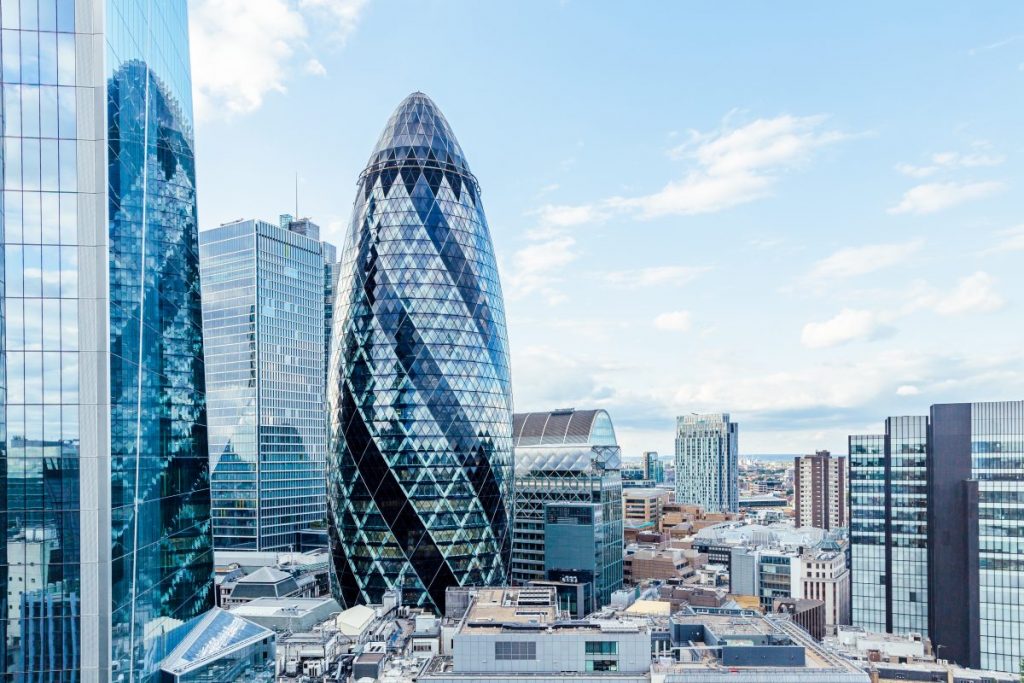There has been a lot of coverage of Elon Musk’s musings as to whether he will take Tesla private again, having publically listed the company in 2010. Having shares listed in a company is supposed to bring benefits of increasing the ease of raising capital, while the greater liquidity and heightened corporate governance needed to meet listing requirements are perceived to reduce the risk of investment, implicitly increasing the value of the company. However there are trade-offs, with the greater reporting requirements costing time and money, and the concerns of a greater number of stakeholders now needing to be addressed. Musk recently said he was tired of answering ‘boneheaded questions’, and said that taking the company private would mean he could get on with the business of running the company. Anecdotally I have been hearing that opportunities are increasing in the private equity space as companies are shunning the opportunity to list in order to avoid creeping regulations and increased shareholder activism on environmental, social and governance issues.
The latest on Tesla’s blog is that Musk is hoping to partner up with the Saudi Arabian sovereign wealth fund, which already owns c.5% of the outstanding shares, in order to buy back all the outstanding shares at $420 per share. This purchase will require $57bn for the shares plus about $10bn to pay off bonds that fall due on a change of control. There is also news that he is speaking with Goldman Sachs, although this appears to be in an advisory role.
Not being a close follower of the company, I once asked a fund manager why such an exciting brand hasn’t yet been snapped up by one of the more seasoned car makers. Well there are many very good reasons which made me feel daft for asking the question, but which may not be immediately obvious. So I have listed three below:
- Tesla is already worth more than most traditional car manufacturers, despite being yet to deliver a profit (although this may change by the end of 2018), so that it would require a reverse take-over.

- Even if a more established producer could raise the required capital, many question the viability of the company. With Tesla burning through cash and struggling to consistently meet its targets of producing around 5,000 cars per week (Ford makes this may cars in a matter of hours) it is likely to continue to need outside funding in the medium term. Car makers are unlikely to want to increase their debt levels in order to purchase an extremely expensive, indebted company, which is not yet cash flow positive.
- If you ever read anything he writes, Elon Musk is a man of big ideas which he wants to change the world. Selling out his electric car company which he wants to help hasten the demise of the combustion engine simply doesn’t seem like something he would do.
A partnership with the Saudi Arabian sovereign wealth fund, which has been built also most entirely on oil revenues, has raised eyebrows given Musk’s historical claims of wanting to end fossil fuel use, and elicited accusations that established oil interests have been trying to undermine Tesla. However if you look at both parties’ end goals the partnership makes sense for different reasons.
Quite whether Tesla will ever warrant the $420/share valuation remains to be seen. Tesla is an amazing brand with huge recognition in the luxury electric car market. If they remained the sole serious luxury option it would probably be a bargain, however other luxury companies are investing in their own battery technology and perhaps in years to come Tesla will be a small player in a huge global market. But maybe that doesn’t matter to the Saudi sovereign wealth fund. Jointly owning Tesla could be a PR exercise for the state, a statement that they care about the environment even if their revenues do continue to rely on producing oil.
For Musk the dream is to reduce our reliance on fossil fuels. His designated part in this is to make electric cars a mass market product. He has proven adept at convincing investors to keep faith with the firm and keep providing capital. But perhaps he realises that this is an uphill battle, or maybe it is just taking too much time and effort. A partnership with the sovereign wealth fund could ensure almost limitless funding as the oil rich state will likely keep providing capital until all operational issues are resolved. Whether it is Tesla, or other traditional car manufacturers which have been drawn into the market by Tesla’s rapid rise, which fulfils the mass market dream, may not matter too much to him.














































